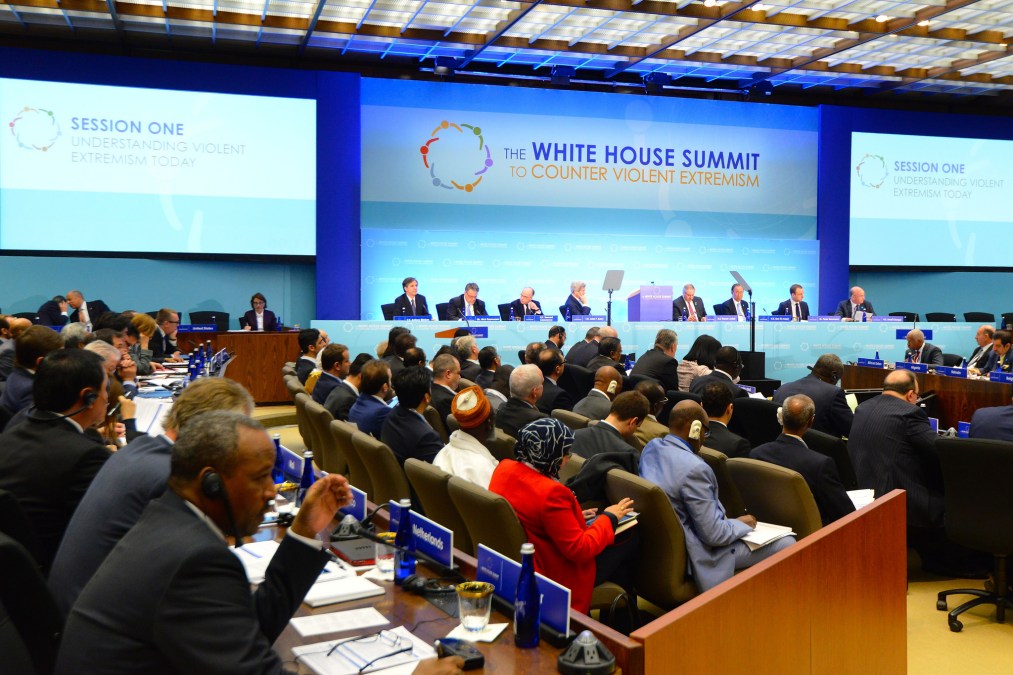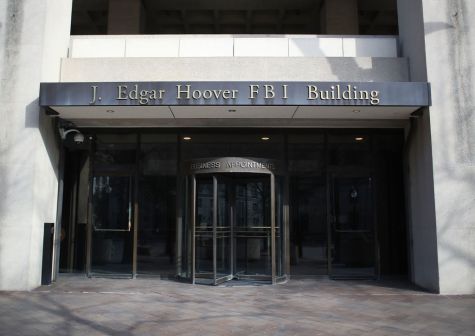Feds haven’t evaluated if efforts to counter extremism actually work, watchdog says

The federal government has been working to counter violent extremism online and offline, but it has no means of measuring if its overall effort is actually helping, a congressional watchdog says.
And the government task force created in part to evaluate that work hasn’t established how to assess “overall progress,” said the Government Accountability Office in a new report. The government has been working to counter violent extremism (CVE) through a variety of ways, according to the GAO, such as trying to develop relationships with the tech and social media industries.
Auditors checked the status of 44 tasks to address CVE domestically outlined in a 2011 Strategic Implementation Plan. The GAO found the government had implemented nearly half of those activities.
“Although GAO was able to determine the status of the 44 CVE tasks, it was not able to determine if the United States is better off today than it was in 2011 as a result of these tasks,” the auditors note in the report.
“As of December 2016, there had been no comprehensive assessment of the federal government’s CVE efforts’ effectiveness,” the report says, later adding that “according to CVE Task Force officials, they do not believe that assessing the overall effectiveness of the federal CVE effort is their responsibility.”
But the task force is well positioned to do so, the GAO said. The watchdog recommended the Department of Homeland Security secretary and attorney general direct the CVE Task Force to develop a strategy with “measurable outcomes for CVE activities,” and to “establish and implement a process to assess overall progress in CVE, including its effectiveness.”
DHS and the Department of Justice both agreed with the recommendations.
Some activities in the tech space were still very much in progress, according to the report, including “reaching communities in the digital environment.”
“For example, DHS aims to build relationships with the high-tech and social media industry and continues to meet with officials to discuss how to address violent extremism online,” the auditors wrote. “In providing a status update on such activities, DHS recognized this as an area that continues to need attention.”
There is also work being done, still, to make more training available for communities to fight against extremists online, the auditors said.
The report adds that DHS officials “noted making initial progress with YouTube and the Los Angeles Police Department in developing campaigns against violent extremism, but recognized this as an area that continues to need attention.”
One of two tasks that had not yet seen any action was the idea to learn from former violent extremists.
“According to DHS officials, legal issues regarding access to former violent extremists are being explored and DOJ will lead this task moving forward,” the report reads.





